Bodybuilding fans and fitness lovers are always looking for the best nutrition plan. The muscle gain diet plan is a detailed approach. It balances calories, macronutrients, and meal timing for muscle growth and health.
Whether you’re experienced or new to fitness, knowing how muscles grow is key. A well-planned diet can greatly improve your results.
Key Takeaways : Muscle Gain Diet
- Proper hydration, with at least 35ml of water per kilogram of body weight, supports muscle development.
- Consuming fruits daily aids muscle recovery and regeneration.
- Avoiding sugary and heavily processed foods prevents fat accumulation during muscle-building.
- Limiting alcohol intake is essential for optimal protein synthesis and fat-burning capacity.
Understanding the Fundamentals of Muscle Building
Building muscle is a complex process. It involves resistance training and proper nutrition. Let’s explore the science behind growing muscles.
The Science Behind Muscle Growth
Muscle growth, or muscle hypertrophy, happens when the body makes more protein synthesis than it breaks down. This leads to more muscle mass. Regular workouts and enough nutrients are key to this process.
Role of Caloric Surplus in Muscle Development
To grow muscles, you need a caloric surplus of 10-20% more than what you burn daily. This extra energy helps build new muscle. But, don’t eat too much to avoid gaining too much fat.
Essential Macronutrient Ratios
- Protein: 30-35% of total calories, or 1.6-2.2 grams per kilogram of body weight, spread across 3-6 meals per day.
- Carbohydrates: 55-60% of total calories, or 3.5-5 grams per kilogram of body weight, to support resistance training and fuel muscle recovery.
- Fats: 15-20% of total calories, providing essential fatty acids for hormone production and overall health.
Knowing how muscles grow and the importance of nutrients helps you plan a diet for building muscle.
“Consistency is key when it comes to building muscle. Stick to a well-structured strength training program and a balanced diet rich in muscle-building nutrients.”
The Perfect Muscle Gain Diet: Macros and Calories
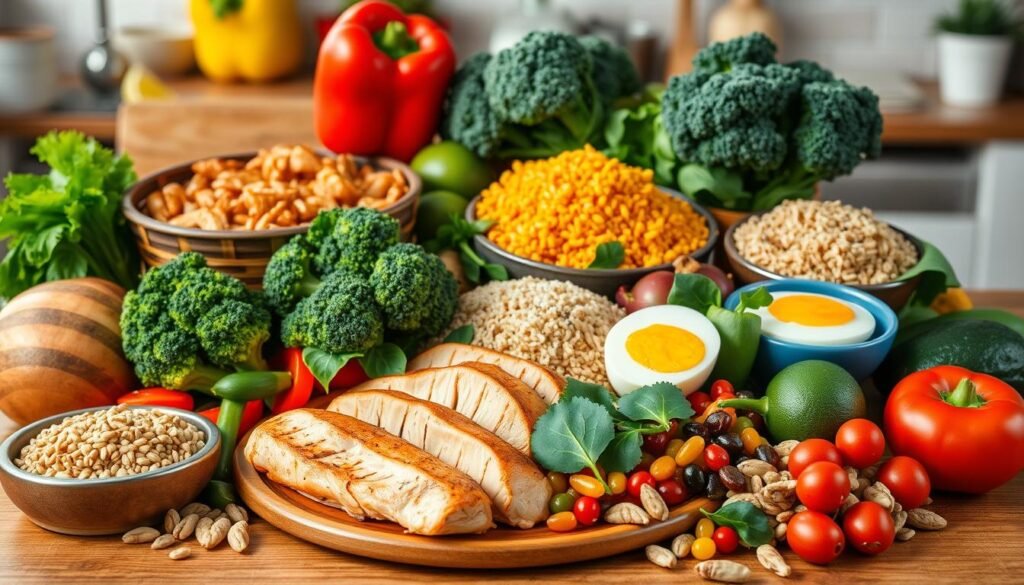
To build muscle, you need to eat more calories than you burn. Aim for a daily calorie intake of about 2,200 calories if you weigh 150 pounds. This helps you gain muscle without getting too fat.
Your diet should have 110 grams of protein, 239-340 grams of carbs, and healthy fats. Each meal should have 400-600 calories. Snacks add another 150-400 calories. This balance gives you the nutrients you need for muscle growth without too much fat.
Tracking calories and balancing macronutrients is key. By doing this, you can create a diet that supports muscle growth. It’s all about the right amount of calories and nutrients.
| Macronutrient | Grams per Day | Calories per Gram | Calories per Day | Percentage of Total Calories |
|---|---|---|---|---|
| Protein | 110 g | 4 cal | 440 cal | 24% |
| Carbohydrates | 239-340 g | 4 cal | 956-1,360 cal | 48% |
| Fats | 49-62 g | 9 cal | 441-558 cal | 28% |
| Total Calories | – | – | 2,200 cal | 100% |
By tracking calories and balancing macronutrients, you can make a diet perfect for muscle gain. It supports your nutritional needs and helps you reach your fitness goals.
Best Foods for Building Muscle Mass
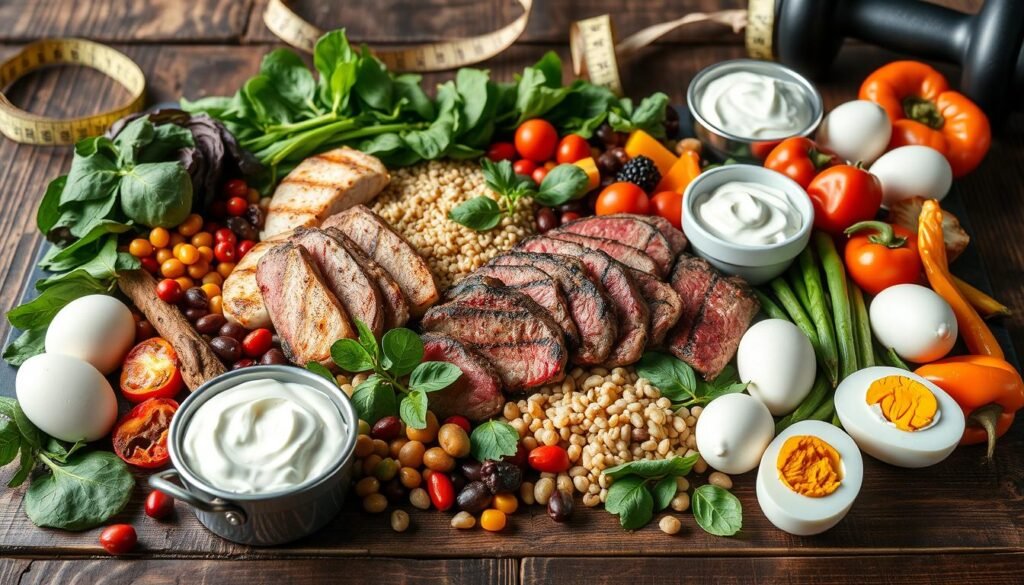
To build muscle, you need the right foods. Focus on lean meats, whole grains, and healthy fats. These foods give your body the nutrients it needs for muscle growth and keep you healthy.
High-Quality Protein Sources
Protein is key for muscle building. Aim for 1.4–2 grams of protein per kilogram of body weight daily. Good protein sources include:
- Lean meats like sirloin steak, chicken breast, and turkey breast
- Fatty fish such as salmon, tuna, and mackerel
- Dairy products like Greek yogurt, cottage cheese, and mozzarella
- Eggs and egg whites
- Legumes, such as lentils, beans, and chickpeas
- Soy-based foods like tofu and tempeh
Complex Carbohydrates for Energy
Whole grains give you energy for workouts. Good options are:
- Oats
- Quinoa
- Brown rice
- Whole wheat bread and pasta
- Sweet potatoes
Healthy Fats for Hormone Production
Healthy fats help with hormone production, important for muscle growth. Add these to your diet:
- Avocados
- Nuts and seeds
- Olive oil
- Fatty fish
- Chia seeds and flaxseeds
Eating these nutrient-rich foods helps your body get what it needs. This supports your fitness goals and muscle growth.
“Proper nutrition is essential for muscle growth and recovery. Incorporating a variety of lean meats, whole grains, and healthy fats into your diet can help you achieve your fitness goals.”
Meal Timing and Workout Nutrition
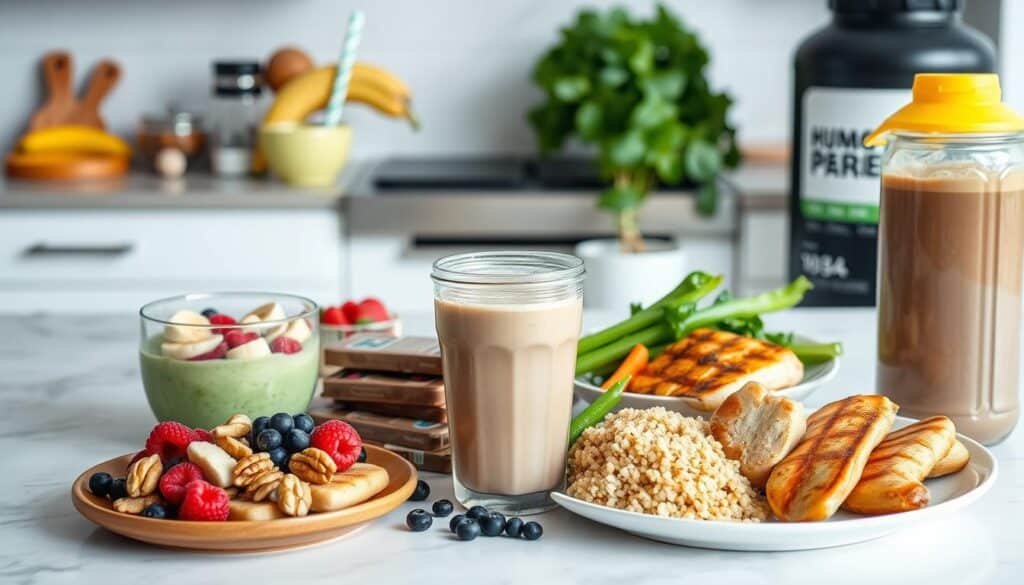
Timing your meals around workouts is key for building muscle. Eating the right foods before and after can boost muscle growth and recovery.
Pre-Workout Nutrition
In the 1-3 hours before your workout, eat a meal or snack with protein and carbohydrates. This fuels your muscles and gives you energy. Stay away from high-fat and high-fiber foods to avoid discomfort.
Post-Workout Recovery
After your workout, refuel with a meal or shake that has high-quality protein and complex carbohydrates. Do this within 30-60 minutes to start muscle repair and recovery.
Also, think about adding supplements like whey protein, creatine, and caffeine. They can boost your workout and muscle growth. But, talk to a healthcare professional before starting any new supplements.
| Nutrient Timing | Purpose | Recommended Intake |
|---|---|---|
| Pre-Workout | Fuel muscles, provide energy | Balanced meal with protein and carbs |
| Post-Workout | Stimulate muscle protein synthesis, aid recovery | Meal or shake with protein and carbs |
| Supplements | Enhance workout performance and muscle growth | Whey protein, creatine, caffeine (consult a professional) |
By planning your meals and nutrients around workouts, you can help your muscles grow. This also improves recovery and boosts your fitness routine’s benefits.
Sample 7-Day Muscle Gain Diet Plan

To build muscle, you need a diet plan rich in nutrients for growth and recovery. This 7-day meal plan is balanced to help you reach your fitness goals. It focuses on the right mix of macronutrients and portion sizes.
Daily Meal Breakdowns
Each day, you’ll eat a mix of high-quality protein, complex carbs, and healthy fats. This supports muscle growth. Here are some sample meals:
- Breakfast: Protein pancakes with berries and peanut butter
- Lunch: Venison burgers with brown rice and roasted vegetables
- Dinner: Grilled salmon with quinoa and steamed broccoli
- Snacks: Greek yogurt with fruit, protein shake, mixed nuts
Portion Sizes and Measurements
Portions are set for a 150-pound person, aiming for a 10-20% caloric surplus. The daily intake is roughly:
| Macronutrient | Total Daily Intake |
|---|---|
| Calories | 2,374 |
| Protein | 117 grams |
| Carbohydrates | 243 grams |
| Fat | 109 grams |
Meal Prep Tips and Strategies
Here are tips to make meal prep easier for muscle gain:
- Cook proteins like chicken or beef in bulk for easy meals all week.
- Prepare carbs like brown rice or quinoa ahead for quick meals.
- Chop fresh veggies for easy meal additions.
- Keep snacks like protein bars or Greek yogurt ready for quick grabs.
Feel free to adjust this meal plan to fit your specific calorie and macronutrient needs. It’s all about supporting your muscle gain goals.
Also Read : How Do Detox Diets Work And What Is Their Impact On Your Body?
Conclusion
Creating a muscle gain diet plan and doing the right workouts can really help. Eating foods high in protein, carbs, and fats is key. This supports muscle growth and keeps you healthy.
It’s important to make your diet plan fit you. Stay on track and adjust as needed. This keeps your lifestyle balanced.
If you’re into sports or just like working out, this diet can boost your performance. Eating the right foods at the right time helps your body recover and grow stronger.
Building muscle takes time and effort. Stay committed to a healthy lifestyle. This diet plan will help you reach your fitness goals.
FAQs
Q: What is a muscle-building diet?
A: A muscle-building diet is a specific eating plan that focuses on providing the necessary nutrients, especially protein and calories, to support muscle growth and recovery. This diet typically includes protein-rich foods, healthy carbohydrates, and fats to maximize muscle gain.
Q: How do I create a meal plan for muscle gain?
A: To create a meal plan for muscle gain, aim to include a variety of muscle-building foods such as lean protein sources, whole foods, and healthy carbohydrates. Ensure you are eating enough calories and getting enough protein throughout the day, including meals and snacks that support your muscle recovery.
Q: What are some examples of muscle-building foods?
A: Some examples of muscle-building foods include chicken, turkey, fish, eggs, dairy products, legumes, nuts, seeds, and whole grains. Incorporating these foods into your diet can help you build muscle effectively.
Q: How much protein do I need to gain muscle?
A: To gain muscle, it is generally recommended to consume around 1.6 to 2.2 grams of protein per kilogram of body weight. Getting enough protein is crucial for muscle recovery and maximizing muscle growth.
Q: Are there foods I should avoid while trying to build muscle?
A: Yes, while trying to build muscle, it is best to avoid processed foods, fried foods, and those high in saturated fat. These can promote fat storage and lead to less optimal body composition.
Q: How can I optimize my meals for muscle recovery?
A: To optimize your meals for muscle recovery, include a good balance of protein and carbohydrates, especially after workouts. Foods that contain omega-3 fatty acids, such as salmon or chia seeds, can also help with muscle recovery.
Q: What role do healthy carbohydrates play in a muscle-building diet?
A: Healthy carbohydrates provide the necessary energy for workouts and help replenish glycogen stores after exercise. Including complex carbs like whole grains, fruits, and vegetables in your diet can support your muscle-building efforts.
Q: Can a Mediterranean diet help with muscle gain?
A: Yes, a Mediterranean diet can help with muscle gain as it emphasizes whole foods, lean proteins, healthy fats, and plenty of fruits and vegetables. This type of diet supports overall health and can contribute to gaining muscle mass effectively.
Q: How important are snacks in a diet for muscle gain?
A: Snacks are important in a diet for muscle gain, as they can help you meet your daily caloric and protein needs. Incorporating protein-rich snacks can aid in muscle recovery and help you build lean muscle over time.
Source Links
- https://www.tuasaude.com/en/what-to-eat-to-gain-muscle/
- https://www.muscleandfitness.com/nutrition/healthy-eating/ultimate-clean-muscle-building-meal-plan/
- https://www.menshealth.com/fitness/a19534499/10-muscle-building-tips/
- https://www.nerdfitness.com/blog/the-beginners-guide-to-building-muscle-and-strength/
- https://www.everyoneactive.com/content-hub/gym/muscle-mass/
- https://www.issaonline.com/blog/post/how-to-count-macros-for-building-muscle
- https://www.health.com/how-to-calculate-macros-for-muscle-gain-8716179
- https://www.healthline.com/nutrition/26-muscle-building-foods
- https://www.medicalnewstoday.com/articles/muscle-building-foods
- https://www.healthline.com/nutrition/bodybuilding-meal-plan
- https://lifesum.com/nutrition-explained/timing-your-meals-does-it-matter
- https://www.verywellfit.com/7-day-muscle-gain-meal-plan-ideas-recipes-and-prep-6749625
- https://www.eatingwell.com/article/8021744/meal-plan-to-gain-more-muscle/
- https://dr-muscle.com/bodybuilding-meal-plan/
- https://pmc.ncbi.nlm.nih.gov/articles/PMC6566799/
- https://www.medicalnewstoday.com/articles/319151
- https://projectleannation.com/blog/articles/the-science-behind-muscle-gain-meals-and-performance-nutrition-in-dallas-tx



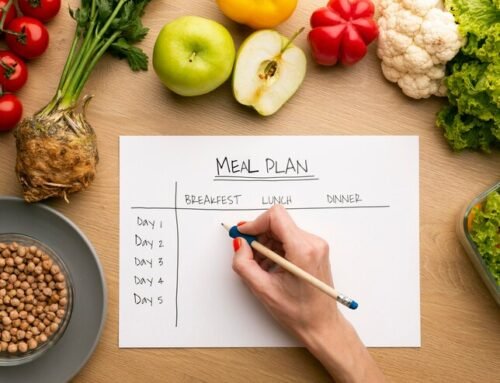



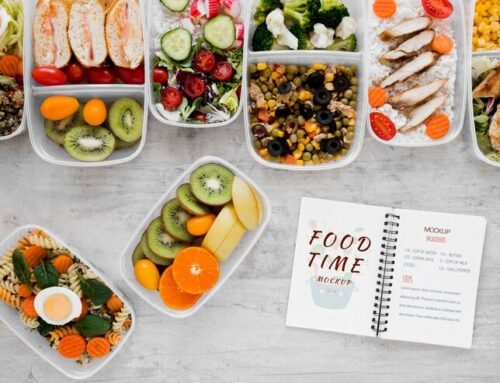
Leave A Comment